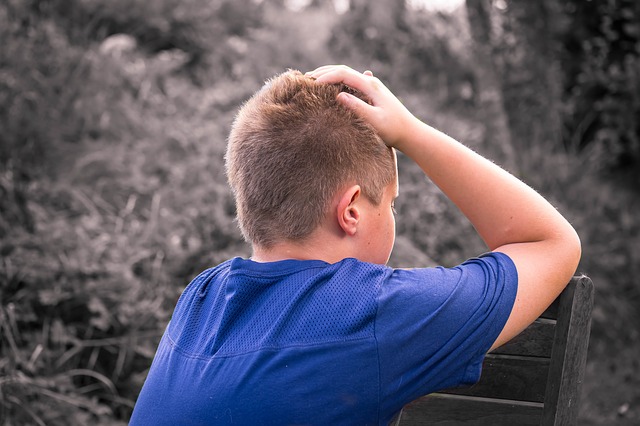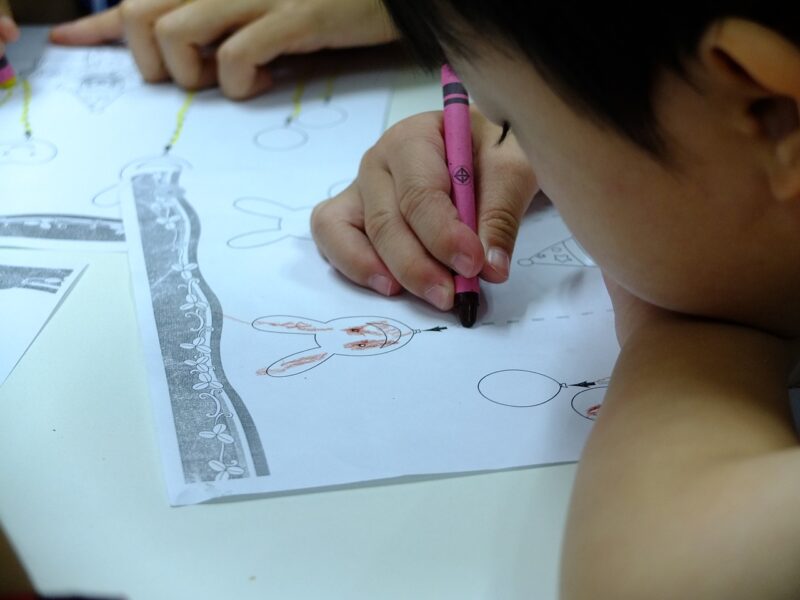
How to Help Children Cope with a Crisis
Here are ten tips Save the Children recommends for parents, teachers, grandparents and caregivers to provide comfort and understanding to children: Read more >>
Request an Appointment
English: 650.688.3625
Medi-Cal: 650.688.3650

How to Help Children Cope with a Crisis
Here are ten tips Save the Children recommends for parents, teachers, grandparents and caregivers to provide comfort and understanding to children: Read more >>

Be the One: Six True Stories of Teens Overcoming Hardship with Hope
In his book Be the One, ABC News chief national correspondent and Nightline coanchor, Byron Pitts shares the stories of six young people who overcame impossible circumstances with extraordinary perseverance. Read more >>
Talk With Your Teen About Healthy Relationships
The majority of parents want to talk to their teens about sexual intercourse, sexuality, and relationships and most teens want to hear from their parents about these topics. But many parents say that when it comes to talking to their Read more >>

Social Media Can Boost Teens’ Self-Esteem — or Foster Depression
Using social media to connect with others is kind of like having a private conversation in a public place. Depending on whether people notice your posts — and how positively they respond — your online interactions may be quite positive. Read more >>

Disability Terms and Definitions Under the Individuals with Disabilities Education Act (IDEA)
There are 13 categories that guide how disability is defined under the federal special education law known as the Individuals with Disabilities Education Act (IDEA). In order to be eligible for special education and related services as a “child with Read more >>

Author Shares His Autism Story
Born in 1992 in Japan, Naoki Higashida was diagnosed with autism at the age of 5. Higashida communicates today by using a letter board and by typing on a computer. An author of more than twenty works, which include the Read more >>

Tips for Traveling with a Child with Autism
One big concern with many children with autism is safety. Not just for themselves but for others around them as well. As a parent of a child with autism, your home more often becomes your fortress. And carefree trips to Read more >>

Helping Students with Autism Transition Into a New School Year
Students on the autism spectrum often find transitioning to new situations challenging. Parents and teachers can minimize the stress with some joint prep before school starts. Elizabeth W. Barnes, an author, blogger, and a parent of a child on the Read more >>

What Are Some Signs of Common Learning Disabilities?
Many children have trouble reading, writing, or performing other learning-related tasks at some point. This does not mean they have learning disabilities. A child with a learning disability often has several related signs, and they don’t go away or get Read more >>

How to Talk to Teens: Top 10 Tips for Effective Communication
written by Liza Bennigson, Associate Director of Marketing and Communications Teenagers are known for being moody, irritable and stressed out. Just watch any old episode of Gossip Girl, Gilmore Girls or Glee. Trying to get through to your teen can Read more >>
English: 650.326.5530 | Español: 650.688.3650 | Fax: 650.688.3669
English: 650.326.5530
Español: 650.688.3650
Fax: 650.688.3669
English: 650.668.3625 | Español: 650.688.3650 | careteam@chconline.org
English: 650.668.3625
Español: 650.688.3650
careteam@chconline.org
© 2024 Children’s Health Council. All rights reserved.
CHC Palo Alto: 650 Clark Way, Palo Alto, CA 94304 | 650.326.5530
CHC South Bay: 2280 Kenwood Avenue, San Jose, CA 95128 | 408.831.7512
CHC Ravenswood: 1765 E Bayshore Rd, East Palo Alto, CA 94303 | 650.702.2487
CHC Palo Alto:
650 Clark Way, Palo Alto, CA 94304
650.326.5530
CHC South Bay:
2280 Kenwood Avenue, San Jose, CA 95128
408.831.7512
CHC Ravenswood:
1765 E Bayshore Rd, East Palo Alto, CA 94303
650.702.2487